Environmental Engineering Reference
In-Depth Information
•
The reversal of the traditional interpretation of an event, or a system, looked at from a
different angle, as not an 'essential thing', but a 'constructed reality' and concept in
accordance with the social atmosphere of the current society.
•
Discontinuity, rejecting the traditional notions of history as progressive and causational,
looking for ruptures and shifts in the traditional narrative.
There are, of course, multiple ways to govern society, including how to invest in transport
and city development. Many would argue that the dominant governance approach in recent
years has been one of 'muddling through' or 'incrementalism'. This approach struggles to
deliver radical policy change, as carefully planned strategic steps become 'ordinarily impossible'
(Lindblom, 1979). Governance is limited to consideration of alternative policies, all of which
are only incrementally different to the status quo. There is a limitation in the analysis to a
few somewhat familiar policy alternatives, a greater analytical preoccupation with problems
to be remedied rather than with positive goals to be sought; a sequence of trial, error and
revised trial; and exploration of only some of the consequences of alternative approaches
(Lindblom, 1979). This all seems very familiar in the transport planning field. Instead we
have strongly argued for a 'quantum change', as this is the new order of change that is required,
and marginal changes in the transport system will not achieve sustainable mobility.
Foucault similarly would demand a new framing of the debate, looking very differently at
how issues in transport are understood, discussed and delivered - including whether the
existing governance structures, the participation of the public, and even the focus of consumption
and capitalism need to change markedly to attain sustainable transport futures. As Hajer (1995,
p. 2) comments: 'Policy making is not just a matter of finding acceptable solutions for pre-
conceived problems. It is also the dominant way in which modern societies regulate social
conflicts.' How these issues and relationships need to play out is not clear, and they are not
being debated to any serious degree, but certainly the process of implementing the currently
'politically difficult' policy measures needs to be hugely improved. The development of our
knowledge, understanding of issues and rationales for travelling around, are all essentially
framed by experience, language and images. The terms and boundaries of this understanding
often are, or can be, set by government; hence there can be much scope for influence depending
on the approach taken.
The most recent forms of governance and governmentality, at least as developed over the
last 30 years in the USA, UK and much of Europe, have been heavily influenced and
characterised by neo-liberal beliefs. Individual freedoms, 'rights' and 'choice' are championed
over the 'excessive intervention' of the state (Foucault, 1991; Lupton, 1999; Harvey, 2005).
The mechanism of governance has been developed in a particular manner, often to avoid
'shaping' individual behaviours, and to avoid policy measures that are deemed as acting
against 'choice' in the mode of travel. Alongside, however, there has been strong support for
the use of the car (road building is seen as investment, public transport as 'subsidy'), often
the motor industry is heavily subsidised as a central feature of the economy, and mass market
advertising of the motor car shapes aspirations in the public. The response to climate change
has been technocratic, framed in economic terms, and in the end it is unlikely to deliver large
reductions on transport CO2 emissions. The problems of current travel behaviours are much
more complex than can be understood in these terms.
Modern political institutions as currently framed are not particularly well-equipped and
ultimately do not have a functional purpose of addressing diffuse and long-term environmental
problems (Beck, 1992). The climate change problem is fundamentally difficult in that it is

